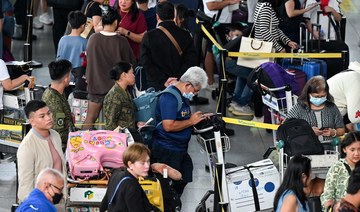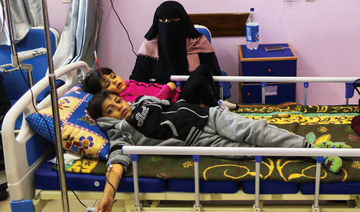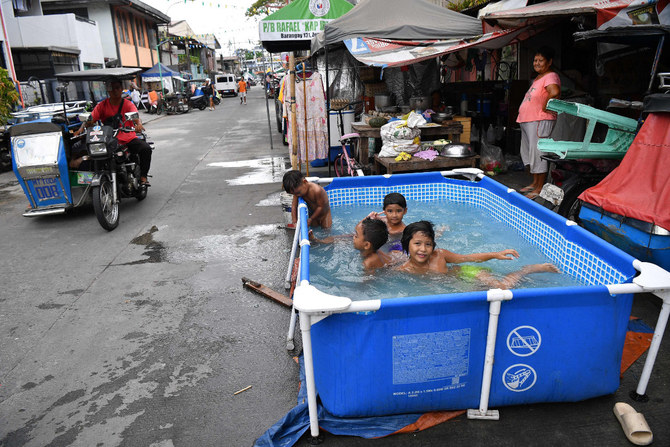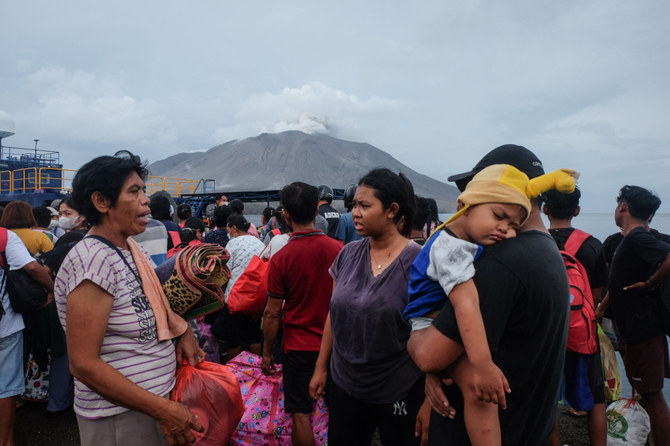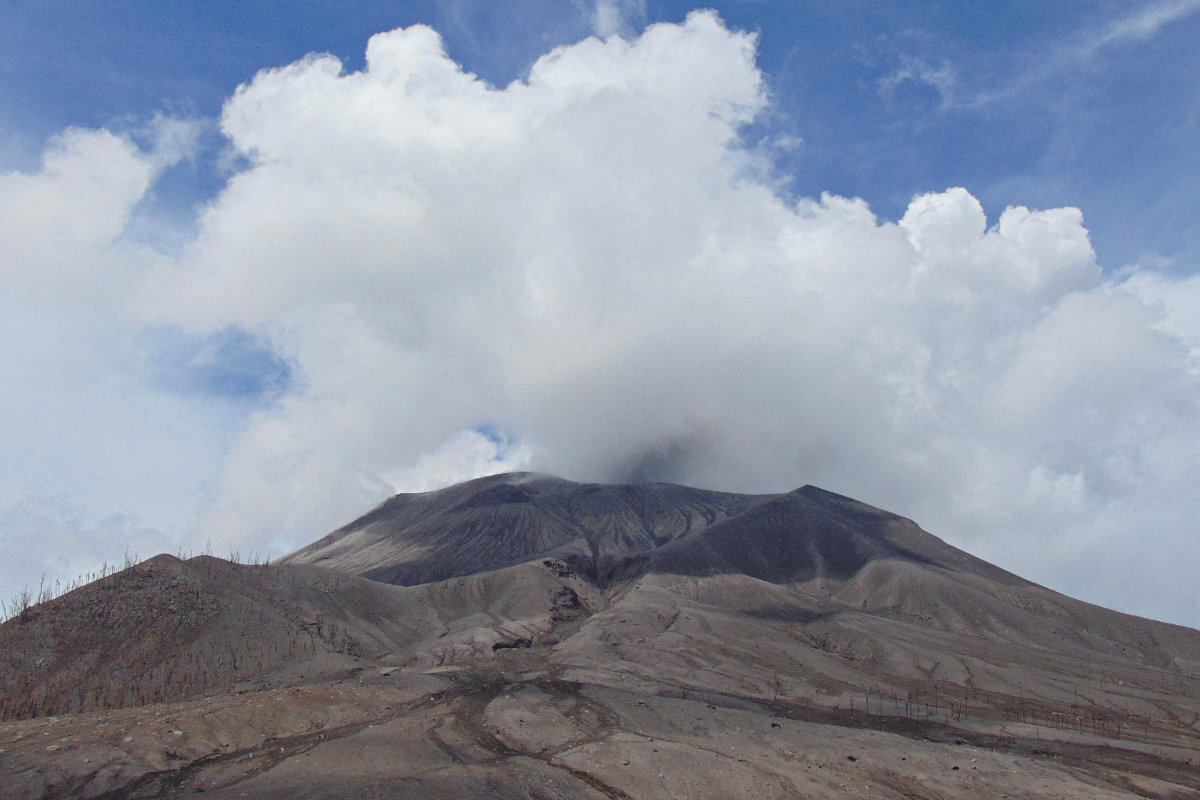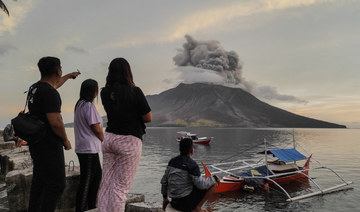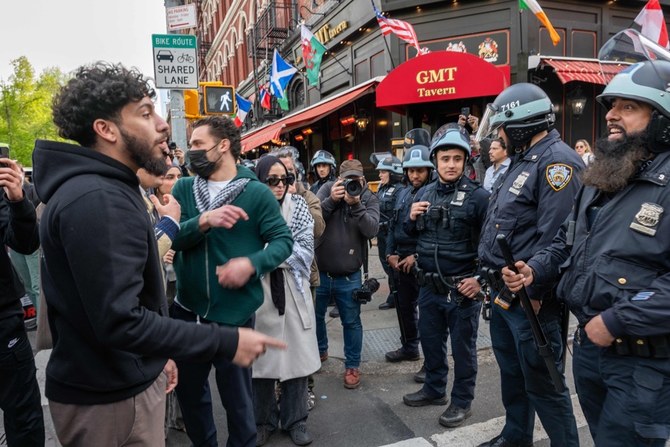MANILA: Saddled with high cancer rates and late diagnoses, the Philippines is trying a whole new tack: asking businesses to step into state shoes and screen millions of workers for early signs of the disease.
Be it cervical, breast or colon cancer, the Southeast Asian nation wants to lower its cancer deaths by increasing screening.
Medics say early detection is key to improving survival rates, so last year the government changed course and opted to partner with the private sector to boost testing levels.
In September, the government ordered all employers to set up cancer prevention and control programs to ease pressures on time- and cash-poor staff, who must otherwise contribute to the cost of diagnosis and treatment themselves.
Employers are now required to give employees access to cancer screening, by referrals to reputable health facilities or conducting free screenings themselves.
The order stemmed from the landmark National Integrated Cancer Control Act, which pledged better screening, diagnosis and treatment and to make health services “more equitable and affordable for all, especially for the underprivileged, poor and marginalized.”
Cervical screening
Since the start of the year, 500 Filipinos have tested under the new setup — officer worker Gemma Remojo was among the first.
“I’ve been suffering from reproductive issues and hormonal imbalance so I really needed this test,” said Remojo, a 35-year-old employed by finance company Home Credit.
Under the Philippine health system, Remojo would have to pay for tests in a private clinic or ask the national health insurance to cover her screening, which takes time to process.
Home Credit’s cervical screening service began in January, with kits distributed to workers for free after a short lecture.
The workers collect their own specimens in a designated space inside the workplace and their results are posted out by medical providers some weeks later. Employers cannot access the results, circumventing any data privacy concerns.
A positive test detects the presence of HPV, the virus linked to cervical cancer — the fourth most common cancer among women globally.
Roughly 91 percent of cervical cancer cases are thought to be caused by HPV, and every year more than half of cervical cancer cases in the Philippines lead to death.
The kit was provided for free by the Johns Hopkins Program for International Education in Gynecology and Obstetrics (Jhpiego), a nonprofit health organization helping hundreds of workers get free HPV screenings in the Philippines.
According to Jhpiego, the cancer awareness lecture and do-it-yourself kits help simplify the screening process for women.
The government said the aim was to screen more citizens and do it more quickly — then to speed up diagnoses.
“With cancer ranking third among the leading causes of mortality and morbidity in the country, the advisory serves as our proactive contribution to combating the disease,” Alvin Curada, director of the government’s Bureau of Working Conditions, told the Thomson Reuters Foundation. “Engaging the private sector underscores the country’s commitment ... It signifies a shared responsibility between the government and the private sector,” he said.
Bridging health gaps
A key incentive for users to get tested is the lower cost, along with a better health outlook.
The cost of treatment is high; Filipino cancer patients lose a combined 35 billion Philippine pesos ($625 million) a year in medical costs, out-of-pocket expenses and lost wages, according to a study by health economist Valerie Ulep of state think-tank the Philippine Institute for Development Studies.
Ulep said early screening could save lives, as only 1 percent of Filipino women are ever screened for breast or cervical cancer, among the lowest rates in the world.
The poor take-up comes despite that fact that breast and cervical are among the leading cancers affecting Filipino women.
The cost of screening is also prohibitive, said Jhpiego’s Marco Ugoy, who works to raise awareness on reproductive health.
The price in hospitals can range from 3,000 to 30,000 Philippine pesos, when a minimum-wage earner in the Philippines earns an average 17,000 pesos each month.
All employers must enroll staff in the Philippines’ national health insurance company, PhilHealth, but that universal policy only partly covers a patient’s costs.
The new scheme aims to bridge some of the gap.
Hard to roll out
The government’s Curada said work was an ideal place to run a cancer program because of its structure and facilities.
To ensure company compliance, employers must submit an annual report to government detailing the extent of cancer-related activities or else risk an unspecified fine.
But health advocates worry that guidelines may be too scant and that policy awareness remains low.
“It’s a big step that a directive like this was signed. But do all companies implement it? Do the workers know about the policy?” said Ugoy of Jhpiego.
Ugoy said some business owners were already big advocates of workplace screenings, but he cited challenges in getting factories, especially those in autonomous ecozones, to comply.
The Philippines has more than 400 special economic zones that run with little or no government interference, and have historically been linked to a range of human rights concerns.
Nadia De Leon of the Institute for Occupational Health and Safety Development, a nonprofit for worker health and safety, said the new government tack represents a big step forward.
But the guidelines “may remain largely symbolic” if not strictly enforced and monitored, she said.
Screenings for women
Home Credit’s Arianne Eucogo said the company prioritized HPV screenings over other cancer programs since about 65 percent of their employees are women.
“We’re primarily doing it for health promotion of our employees, knowing that the rate of cervical cancer deaths in the Philippines is high,” she said.
Ugoy said one of the biggest barriers to health checkups was simply time, as health centers only open during office hours.
Ugoy said the private sector must also partner with community-based groups and local government to boost take-up and get around the time constraints.
For example, in Taguig City, the fifth most populous in the country, dozens of companies partnered with the city’s own team to run their HPV screenings and cancer treatment, be it through office clinics, ride-hailing services or call centers.
Ugoy said this approach — with free test kits from Jhpiego and labs paid by the city government — had sped up diagnosis.
“It shouldn’t stop at diagnostics. Screening and treatment must go hand in hand when it comes to cancer,” said Marites Diaz, who has worked for 32 years at the Taguig Health Office.




